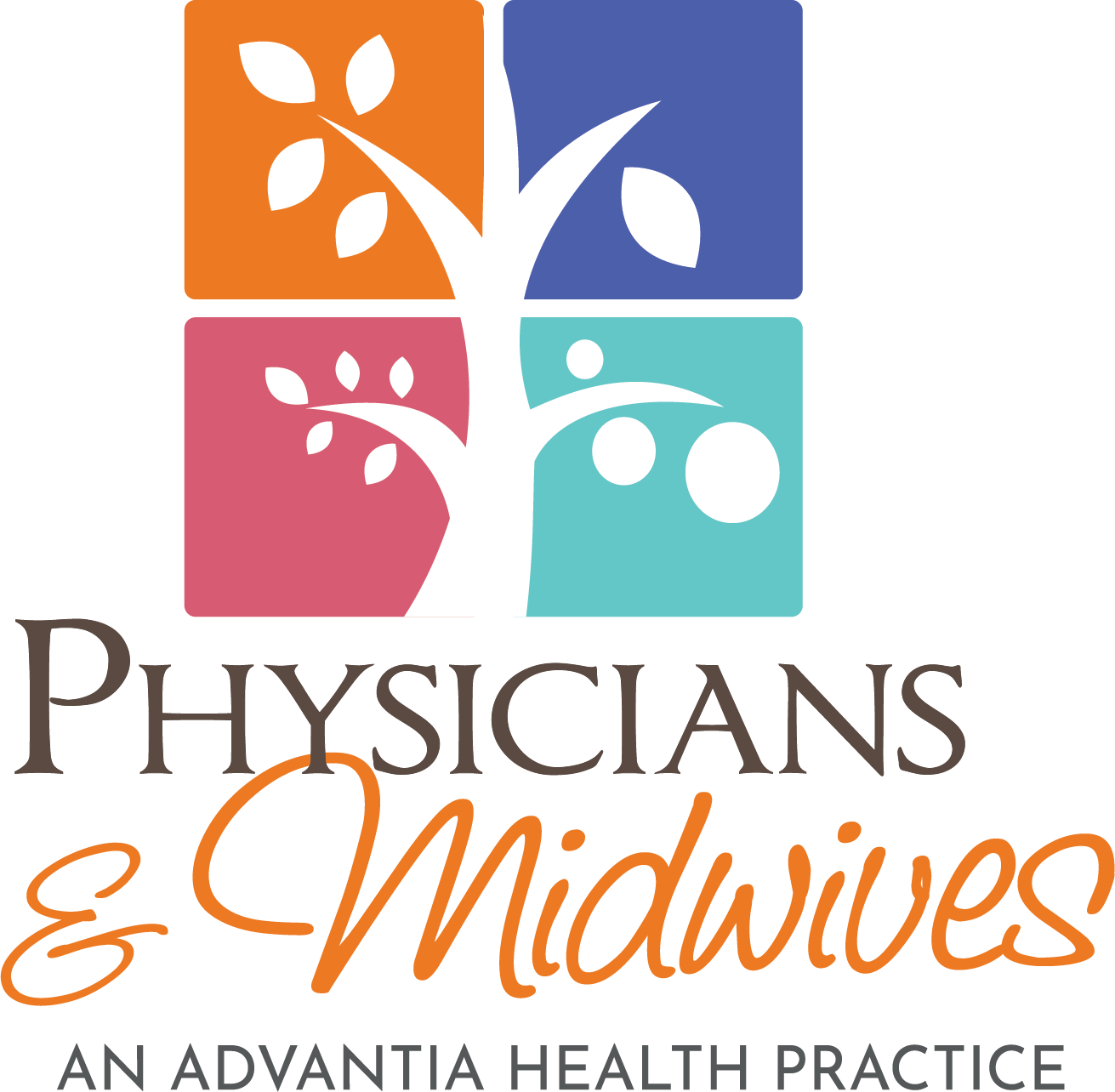
Published on: 5 March, 2013
Read Time: 8 min
Just as puberty and pregnancy affect women in vastly different ways, menopause is a remarkably individual experience among women. While pop culture would have us believe that all women instantly become irritable, sobbing old ladies without desire or sex appeal, the truth is that many women tolerate this normal life transition just fine and an even greater number of women feel liberated, motivated and sexy well into later life. And, though there’s no magic pill available to guarantee an easy time of it, it’s always helpful to get a clear sense of what can be expected as hormones decline and the body adjusts to a new normal.
By the medical definition, a woman is considered “menopausal” once she has had no menstrual periods for a full year. The average age at which periods stop is 51 but there is variability here, of course, and many people will see their periods end as early as the early-to-mid 40s or as late as the late 50s. If the periods cease before the age of 40, it is considered premature menopause and this should be investigated for a cause. Likewise, once a year has passed, any bleeding must be evaluated by your provider.
In truth, the medical definition has little utility to women because the symptoms of menopause are most pronounced in the several years leading up to the end of the periods and in the months right after the last period. This time frame — and it can be as long as 10 years — is known as “perimenopause,” literally “the time around menopause.”
How do I know if I am perimenopausal?
For most, the earliest stages of menopause will begin with changes in menstruation. Unfortunately, periods will often become heavier and closer together as the body’s reproductive hormones begin to decline. This is because the brain is trying to stimulate the menstrual cycle and the reproductive organs are not responding as quickly as they used to. So, the brain kicks up the stimulating hormones until it gets some feedback and the result is often heavier bleeding or a shorter time interval between bleeds. If the periods are extremely heavy (i.e. soaking through pads or tampons in <1 hour), you should have a visit with your provider to discuss options for reducing the blood loss because in this situation, it is possible to develop anemia. If the periods are not very heavy, the irregularity of the cycles are not generally medically concerning though they can be disruptive and, again, if this is the case, there are several treatment options available to regulate the periods.
During this time, women may also notice that the vaginal tissue is more easily irritated, feels dry or is uncomfortable during intercourse. This is because the hormone estrogen is declining and one of the many roles that estrogen plays is to provide lubrication and elasticity to the vulva (external tissue) and the vagina. There are several options available from over-the-counter lubricants and vaginal ‘moisturizers’ to prescription strength topical estrogen (which is generally considered quite safe without the known risks of oral estrogen supplementation) to treat this so there is really no reason to suffer. When choosing an over-the-counter preparation, avoid products that are scented or colored, as these may be irritating. If unsure, ask your provider if he/she has any specific brand recommendations.
Perhaps the most universally recognized symptom of perimenopause is the hot-flush. It is a sudden feeling of heat accompanied by facial flushing and sweating. They can be quite disruptive but more often they are an occasional, unpleasant inconvenience. After experiencing a few, many women will identify triggers such as alcohol or spicy food that set off the hot flush and can then avoid the triggers in the future. Overweight and obese women also tend to have worse symptoms so maintaining a healthy weight will help reduce symptoms. For those that experience very bothersome symptoms including disruption of sleep, some type of hormone replacement therapy is very effective. There are a few well-known risks associated with supplemental hormones but, in the absence of other significant health issues (such as a history of blood clots or heavy smoking), they are generally considered safe for short-term use in the face of significant menopausal symptoms.
What about my health and well-being?
There are a few issues in health care that we begin to watch more closely after menopause but overall recommendations for good health don’t change. It’s never too late to work on a diet high in vegetables, fruits and lean proteins (like beans, chicken or fish instead of pork or beef) and try to reduce processed (i.e. pre-packaged) meals and fast foods. Exercise continues to be imperative for so many reasons — energy, mental health, bone health, cardiovascular health, strength and agility. A brisk daily walk is a great start or a great life-long practice. As for health care, you may be a candidate for a bone-density scan (a dexa scan); the recommended age varies depending on risk factors. Age 50 is when we recommend a colonoscopy and if you haven’t had a full physical with particular focus on your cardiovascular system, now is the time to do so. Many women have only ever seen their obstetrician/gynecologist for routine health care up until this point and, certainly, primary care is part of overall women’s health. However, at some point it may be useful to have an Internist or General Practitioner participating in your health care especially if you’ve got chronic health concerns such as hypertension, diabetes or arthritis.
Weight gain is a significant concern for women in the perimenopausal time. Because the metabolism slows down and hormone influence changes, women do tend to put on a few pounds. Even for women who’ve traditionally held their weight around the thighs and bottom, most will notice that that pounds settle on and around the abdomen with menopause. There are a million articles online about how to “fight” this weight gain but might we suggest, instead, that you accept and – dare we add – even embrace a few pounds at this time? Now, it’s not okay to add 50, 30 or even 15 pounds but if your figure has rounded out slightly with the addition of 5-7 pounds, you are experiencing a normal softening of your curves and a fight is not in order. Research has clearly demonstrated that women who go into older age with just a few extra pounds fair better and live longer than older women who are underweight. The goal at this time is a healthy weight and an active lifestyle, not a bikini body!
What about life after menopause?
There is no question that life and relationships change after menopause but the idea that these changes must be negative is simply untrue. Just like every life change, our perceptions, attitudes and approach will strongly influence how we feel about this next phase. In the best case scenario, women can value moving past the rat race of our culture’s obsession with beauty and bodies and feel at peace in a softer, wiser and more experienced physique. Though life often throws curve balls, the hope is that many of the stressors that peak during our 30s and 40s (jobs, kids, debt, aging parents) will start to ease in our 50s and 60s. Even when stress is still high, though, menopause and middle age at least come with life experience and wisdom that can’t be replaced with the shear force of youth. Established or new relationships can grow on mutual interests, companionship, communication and experience. Sex is different but enjoyable when partners know and can clearly express their needs and when the need for birth control is no longer a concern.
Hopefully, the symptoms of menopause will be an inconvenience at worst and this new life phase will come with new adventure and a sense of accomplishment and peace. When that’s not the case, all of our providers are very experienced in developing a health care plan that meets your needs whether that be hormone replacement therapy, suggestions for lifestyle modifications or referrals to other professionals to get you to where you’d like to be.

Physicians and Midwives, an Advantia Health Practice
Physicians and Midwives is a unique collaborative practice you won’t find anywhere else. We have 5 offices for your convenience all across Northern Virginia, including Alexandria, North Arlington, Mt. Vernon, Kingstowne, and Woodbridge. If you would like to be listened to, as well as cared for, then look no further.





